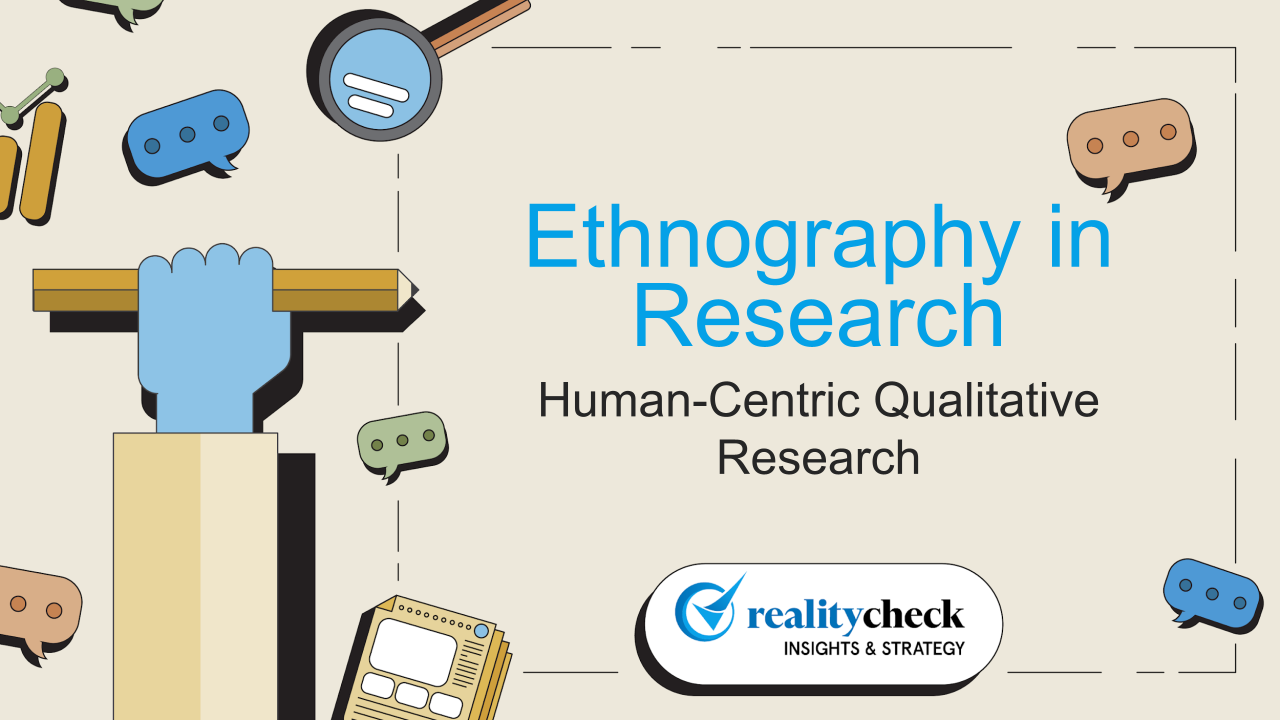As a PhD scholar in the humanities or social sciences, you are an expert in the human condition. You’ve spent years mastering the art of the in-depth interview, decoding complex narratives, and understanding human behavior through an ethnographic lens. But as you look toward a career, you might wonder: Does the fast-paced business world truly value these deep, “soft” skills?
The answer is an emphatic yes. While the tech world has been obsessed with “Big Data” (the what), they are now realizing they are an “Insight Deficit.” They are desperate for experts who can provide “Thick Data” (the why). This is where your PhD training becomes a key strategic advantage.
The Business World is Drowning in Data, But Starving for Insight
Companies have terabytes of data on what customers click and where they buy, but they often have no idea why they do it. They can’t answer the critical questions:
- Why did the customer abandon their cart?
- Why do they really choose our competitor’s brand over ours?
- What are their unmet, unspoken needs that could inspire our next big product?
Standard quantitative surveys can’t answer these questions. But you can. The qualitative skills you’ve perfected for your dissertation are the exact skills needed to uncover these high-value human insights.
How Your PhD Skills Translate Directly to Market Research
Your academic toolkit is 100% applicable to a career in strategic research and consulting.
1. Your Skill: In-Depth Interviews & Focus Groups
- The Business Application: Voice of Customer (VoC) & Stakeholder Interviews. You know how to build rapport, ask un-biased, probing questions, and listen actively to get beyond surface-level answers. This is the core of understanding a customer’s true motivations, pain points, and decision-making journey.
2. Your Skill: Ethnography & Participant Observation
- The Business Application: User Experience (UX) Research. Companies need researchers who can observe how people actually use a new app, website, or product in their real-world environment. Your ethnographic training in observing behavior (not just what people say they do) is invaluable for product design.
3. Your Skill: Thematic, Narrative, & Discourse Analysis
- The Business Application: Brand Perception & Sentiment Analysis. You are a master of synthesis. You can take 50 hours of interview transcripts or thousands of social media comments and distill them into 3-5 powerful, actionable themes. You can find the hidden story, the recurring metaphors, and the underlying emotions that define a brand’s relationship with its customers.
4. Your Skill: Critical & Theoretical Framing
- The Business Application: Strategic Frameworking. This is what separates a PhD from a simple note-taker. You don’t just report what customers said. You use your analytical framework (your “theory”) to explain what it means for the business and what they should do about it. You connect the dots to form a high-level, strategic recommendation.
Why You’re More Valuable Than You Think
A business can easily hire someone to run a survey. It is incredibly difficult to find someone who can connect with a customer, understand their cultural context, analyze their unspoken needs, and translate that human empathy into a clear, data-backed business strategy.
This is the work we do at McKinley Research. We believe that the most powerful business decisions are made by understanding people, not just numbers. We value the deep, rigorous, and human-centric approach that PhDs from the social sciences and humanities bring to our team.
Your training hasn’t just made you an expert in a niche historical period or social theory; it has made you an expert in understanding people. And in the world of business, that is the most valuable skill of all.


